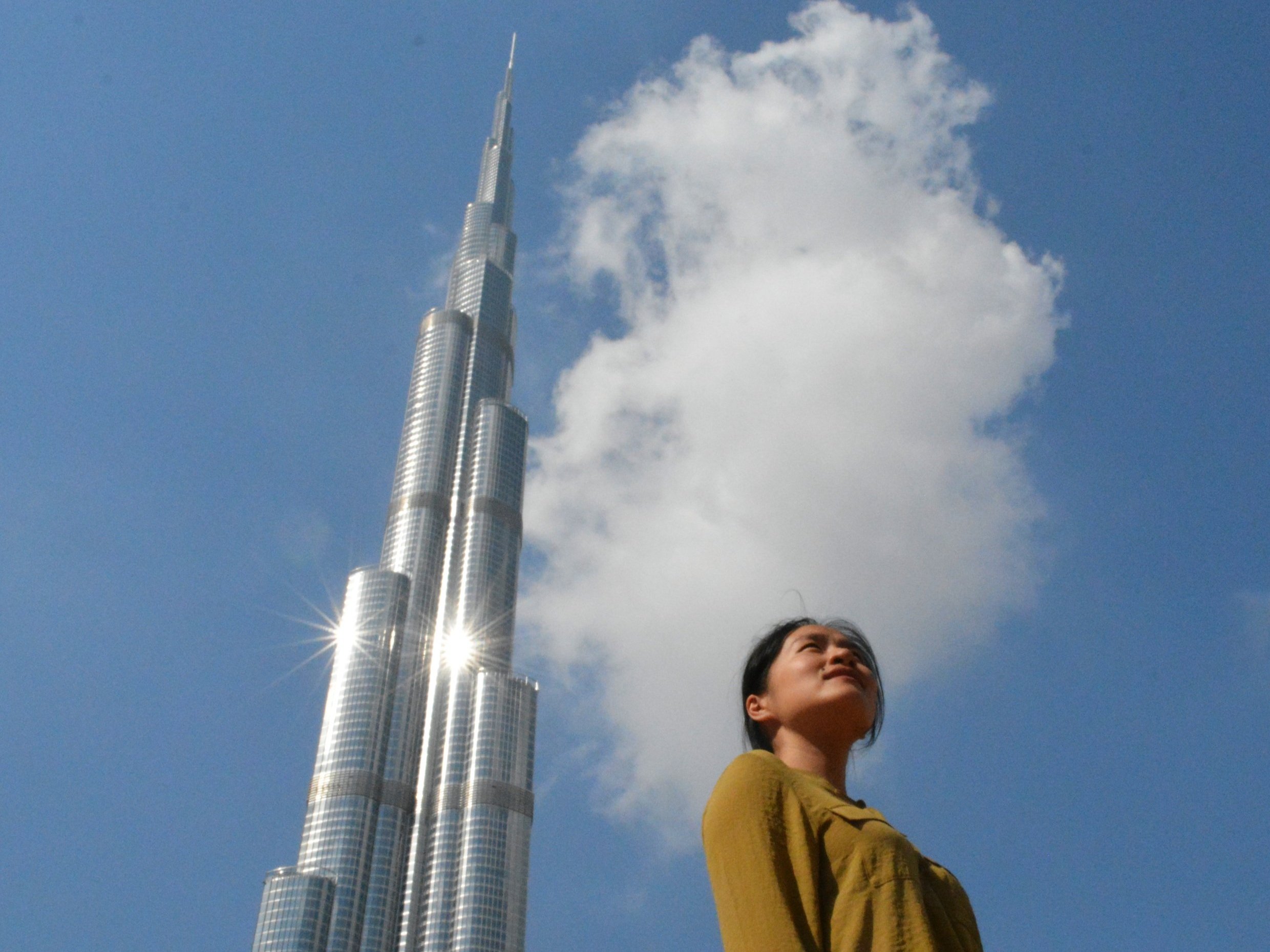Multicultural? (written in the UAE, Jan 2017)
South and Southeast Asian workers. White expats. Some blacks. A small number of Arabs. Standing in the rush hour Dubai metro, I was again struck by the question: What do you mean by multicultural? I’ve experienced many kinds of multiculturalism, and I find it misleading to refer to all the associated cities with the same adjective.
Let’s start with American cities on the coasts. Yes, a foreigner is accepted into the society, but they are to change and adapt — to carry that special Western, American aura. But you know what? This is my favourite out of the existing types of multiculturalism because at least the “new clothes” are available. And, in my experience, adding a broach would be just fine.
On the other hand, congregating according to your ethnicity seems the only option in many other parts of the world — Qatar and UAE being the extremes I've witnessed. No Qatari is allowed to marry a foreigner without the government’s consent. Qatar’s GDP per capita is ranked #1 in the world, but note that naturalisation is not a thing, so it’s just those carrying the Qatari bloodline who are wealthy. The citizens are high up, and all low-level jobs are done by foreign workers. Here you don’t get a melting pot of cultures. They’re by no means melted together, but solid and apart. At work, in friendships, and in relationships.
When you take social hierarchy out of these Middle Eastern countries, you get Australia. Most Aussies believe everyone should be treated equally and citizenship is given. But foreigners (whether they are naturalised) are not nearly as well mixed in Australia as they are on the coasts of America. This is an upshot of the constant inflow of immigrants. When my family had just moved to Sydney at the beginning of 2003, a trip brought me to the suburb of Ashfield. I was surprised to hear more Shanghainese than English, Mandarin, or any other languages. Congregating according to your ethnicity. There you go.
So, if you sit in public transport and count the number of people belonging to each ethnic group in Boston, Dubai, and Sydney, you may get the same numbers. You say, aha, these places are equally multicultural! But this cannot be more misleading. I’m not saying anything is objectively good or bad in these cities, the way they are, the way they tackle foreigners. I’m only stating the fact that beneath these multicultural facades, there is more to be seen.
